...Lake Superior's North Shore
Duluth to Grand Portage
It's one of those places where it's lovely when the sun shines, but you probably wouldn't want to be there in the winter.
A short trip to Duluth and a drive up the beautiful North Shore of Lake Superior made for a wonderful two-day trip, but five days would have been better...and I only went as far as Gooseberry Falls. It's no wonder the drive is considered one of Minnesota's best scenic highways.
Whether you like the city or the countryside, Duluth is a great travel location. It's easy to get around in, and its Canal Park and bayfront areas are enjoyable and very picturesque.
The Aerial Lift Bridge connects Duluth's mainland to Minnesota Point, a narrow strip of land also known as Park Point. The bridge raises its lower level to allow tall boats and ships into and out of the harbor.
Duluth's two main lighthouses are stationed at the end of breakwaters flanking the aerial lift bridge. They mark the 300-foot-wide entrance from Lake Superior to Duluth's harbor, a rather narrow entrance making it one of the lake's most dangerous.
Duluth's most popular sandy beach is on Minnesota Point also known as Park Point. Facing Lake Superior, the beach parallels a two-lane road that travels the seven-mile distance of the sandy spit of land from the aerial bridge past Duluth's airport.
The SS William Irvin is docked in the Bayfront area of Duluth's entertaining and tourist district. It offers tours and is owned by the U.S. Steel Company, once the flagship of the Steel fleet.
Canal Park is a great area for hanging out at the lake's edge and strolling the breakwaters that hold the town's lighthouses.
Duluth's business district as seen from Canal Park
Duluth's business district from the Lakewalk
The Glensheen Mansion is a 7-acre, 39-room estate overlooking Lake Superior just on the northern outskirts of Duluth. Built between 1905 and 1908, it was the family home of mining millionaire Chester A. and Clara Congdon until 1977 at which time the last remaining family member, daughter Elizabeth, died (a scandalous murder death) and the home was turned over to the University of Minnesota. Today, the grounds and rooms are open to public tours, remaining intact and with the same furnishings that the family used while living there.
The university continues to maintain flower and vegetable gardens on the estate grounds.
Fischer Creek meanders through the estate grounds and empies into Lake Superior.
I didn't take many shots inside the mansion, but this room, the breakfast room, I particularly liked.
The lighstation at Two Harbors, Minnesota, on Lake Superior's north shore. It's Minnesota's oldest lighthouse, built in 1891 and is now a 4-room bed and breakfast, although it does still aid incoming ships in navigation.
Lake Superior's Agate Bay at Two Harbors
A view of the Two Harbors Lightstation from the breakwater in Agate Bay
This and the next three shots were taken at stops along the north shore of Lake Superior on the North Shore Scenic Byway, Minnesota's Highway 61.
Gooseberry Falls lies within Gooseberry Falls State Park on Lake Superior's north shore. Besides the falls, there are hiking and biking trails and camping facilities.
Both the calm and the raging waters can be found at Gooseberry Falls.
To see more pictures taken in Minnesota, please return to the Minnesota home page.
Pictures of a return trip to Duluth can be seen here.
Thank you for visiting these photo pages.
If you're interested in seeing more, please return to the Main Menu at the bottom of my home page and make your selection.
All images within 'The Wandering Chick' Web site are copyright protected. They may not be downloaded or otherwise copied.
Please contact me if you think a particular photo or set of photos can be used in your publication.
Not too many more years later, I made a second trip to the north shore, this time a little farther north...or to be more accurate: east. Went a little past Grand Marais to the wonderful and beautifully set Naniboujou Lodge. I also, with friends, took in more state parks which involved more hiking on this second trip. The pictures below reflect a couple of days on the scenic Lake Superior's north shore.
Gooseberry Falls
Iona's Beach is considered one of the north shore's most unique and, therefore, a favorite. It's fondly called the Singing Beach. By walking the shoreline at the water's edge, one can hear the rocks being shuffled to and fro as the waves have them tumbling over themselves, creating a soft tinkling sound. Another unique feature of Iona Beach is that its rocks are primarily pink in color due to the erosion of a nearby cliff. Some refer to it as the Pink Beach.
Twenty-nine shipwrecks lay near the waters of where Ship Rock Lighthouse now casts its light. After the horrendous storm of 1905, the lighthouse was built, in 1910. It sits above the water on a 130-foot cliff and has become the icon of Lake Superior's north shore. Also a state park, the grounds include a visitor center, picnic areas, hiking trails and camping. The lighthouse was retired in 1969 and is now a National Historic Landmark.
Silver Bay Safe Harbor and Marina, with its picturesque breakwater deserves a stop. This particular breakwater is called rubble mound. It consists of three layers of rock with small baseball-sized ones at the bottom. The middle layer is large boulders, and the only layer above water is the massive 7-ton rocks that are strong and thick enough to handle the harsh icy winters.
Black Beach is made up of crushed rock that is left over from the processing of taconite at a nearby plant. Taconite is a form of iron ore and can be found, among other places, in northern Minnesota's Iron Range.
Tettegouche State Park is one of eight state parks situated between Duluth and Grand Portage. Tettegouche's easy hiking trails lead from Shovel Point, where vistas such as in the next few photos can be had, to an overlook of the Baptism River and down to the spit of a small-pebble beach.
Anyone who had been standing as long as this tree has would surely want to sit down, too!
The Baptism River flows into Lake Superior in the Tettegouche State Park.
Another of the north shore's popular state parks is Temperance River. Hiking trails form on both sides of the gorge that continues to deepen and widen as the river water carves out the walls.
The fog was in and out on one of the days we were in Grand Marais. But whether it's foggy, and drizzling rain or hot and sunny (forget the winter! I don't do winters!), Grand Marais will delight you. Its shops, art galleries and restaurants are only surpassed by its scenic waterfront.
We were suprised to find that what we thought was a church is actually the art gallery and studio of Betsy Bowen, a local artist.
tArtists' Point is one of the most popular walks in Grand Marais. From the shoreline, travel out to the lighthouse along the concrete-padded path. The rock formations and tide pools are great to explore.
The town of Grand Marais from Artists' Point
Judge C. R Magney State Park is another that allows hikers to view the river, here, the Brule River, along an easy hiking path. Judge C. R. Magney was an advocate for state parks in Minnesota and helped in establishing nearly a dozen state parks and waysides along the North Shore.
The highlight of the Judge Magney State Park is the Devil's Kettle, Curiosity got the better of scientists who wanted to know where the water goes after falling into the kettle. Dye tests show that it eventualy rejoins the Brule River downstream.
An abandoned shack sits on the shore of Lake Superior, most likely filled with long-forgotten stories.
Naniboujou, an Indian Cree word meaning "God of the Outdoors," was built in the 1920s as an exclusive private club with the likes of Babe Ruth and Jack Dempsey as charter members. But along came Black Tuesday and the Great Depression, and the club fell to foreclosure. Since that time, it has seen various owners, and today it is a lodge both unique and relaxing to the nth degree. It's located just east of Grand Marais on the North Shore hiway 61. It's also listed on the National Register of Historic Places.
Two outstanding features of the lodge are the Great Room colors and the fireplace (pictured to the right). The ceiling and walls of the 30X80-ft Great Room, which is now the dining room, are in native Cree design and colors. And interesting is the fact that they've never had to be repainted.
The fireplace is Minnesota's largest native stone fireplace with a total weight of 200 tons.
'Twas the season for lupine, and it was in full bloom.
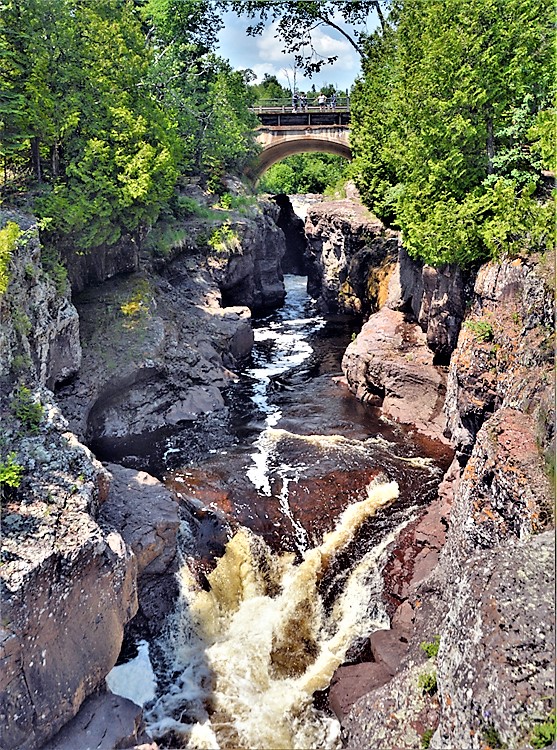

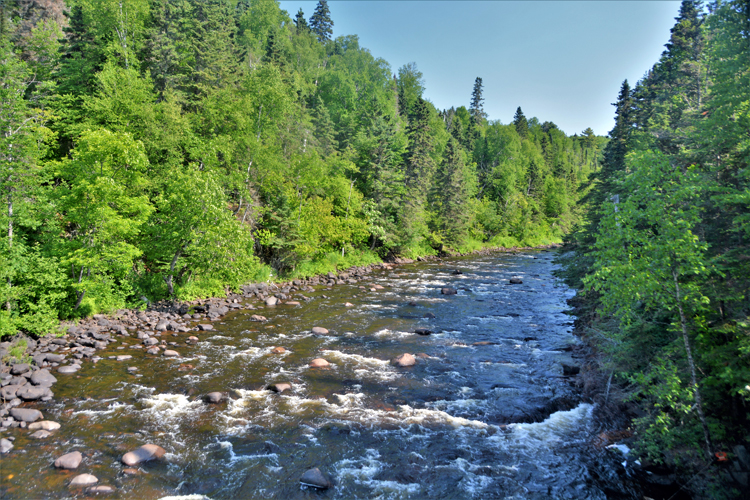
.jpg)
.jpg)
.jpg)
.jpg)
.jpg)
.jpg)
.jpg)
.jpg)
.jpg)
.jpg)
.jpg)
.jpg)
.jpg)
.jpg)
.jpg)
.jpg)
.jpg)
.jpg)
.jpg)
.jpg)
.jpg)
.jpg)
.jpg)
.jpg)
.jpg)
.jpg)
.jpg)
.jpg)
.jpg)
.jpg)
.jpg)
.jpg)
.jpg)
.jpg)
.jpg)
.jpg)
.jpg)
.jpg)
.jpg)
.jpg)
.jpg)
.jpg)
.jpg)
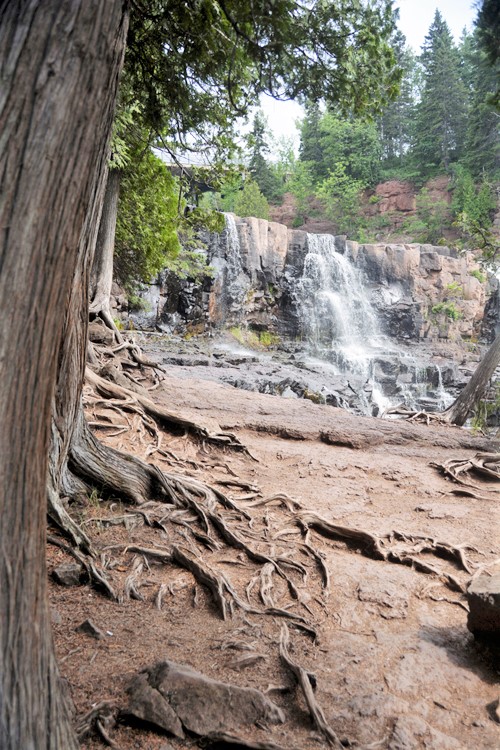
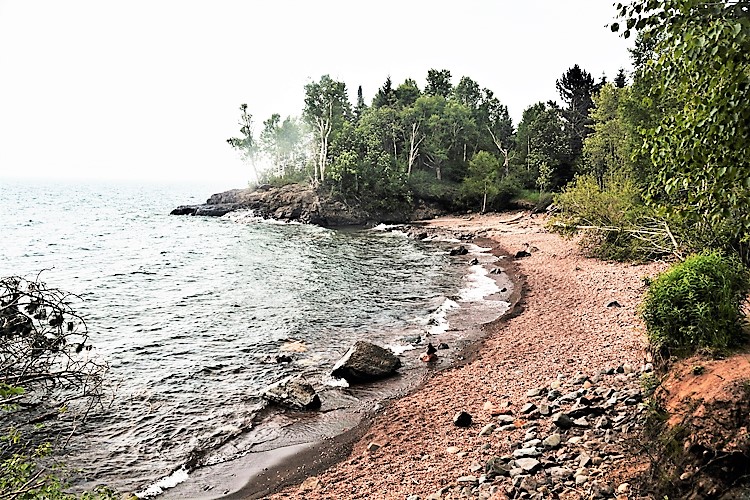
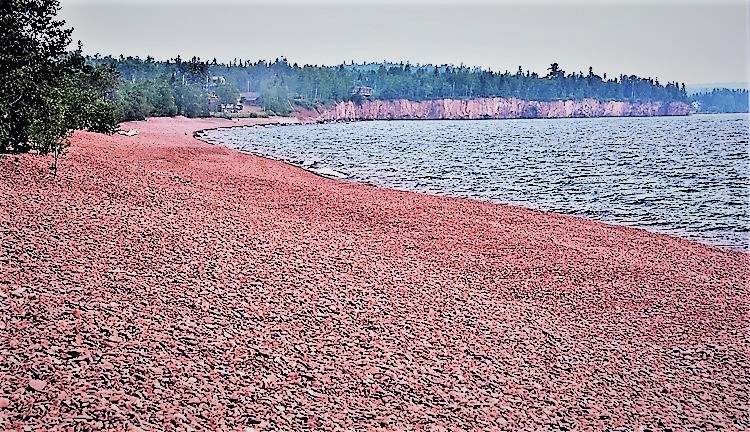
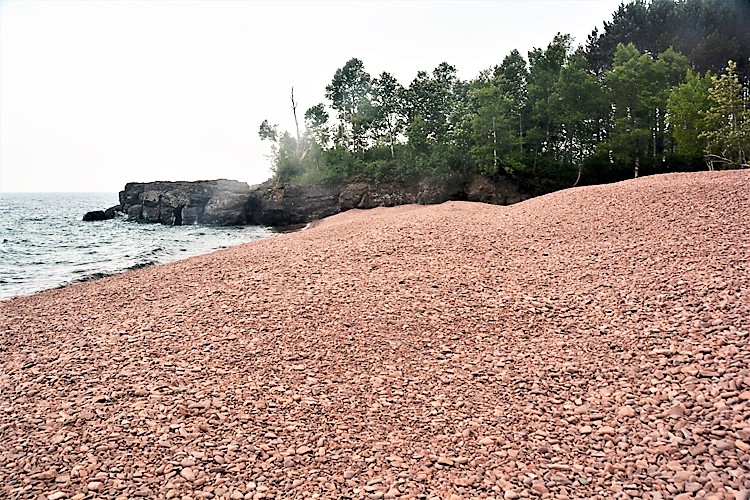
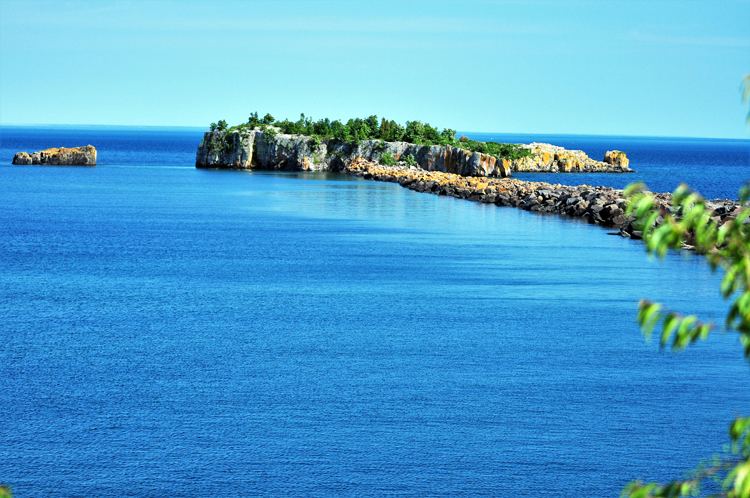
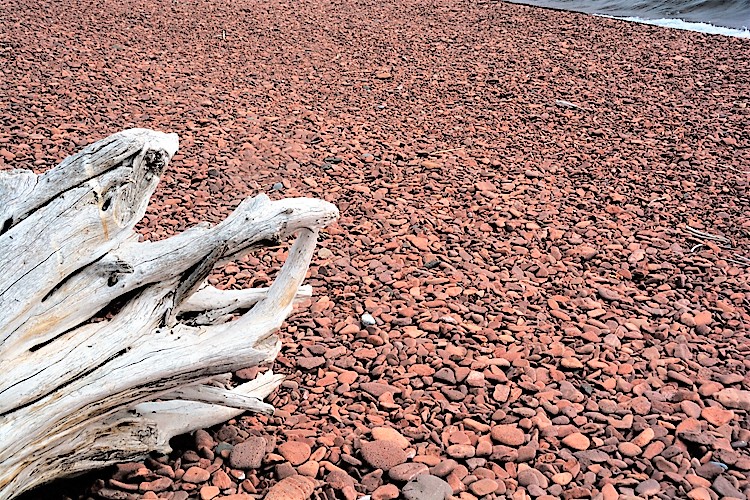
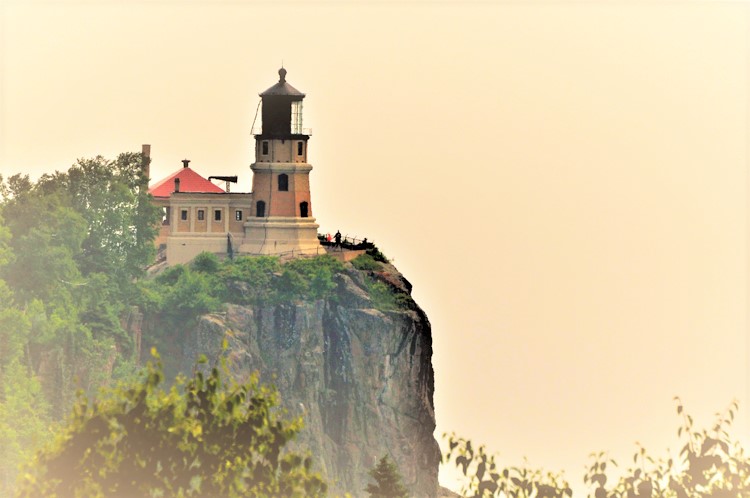
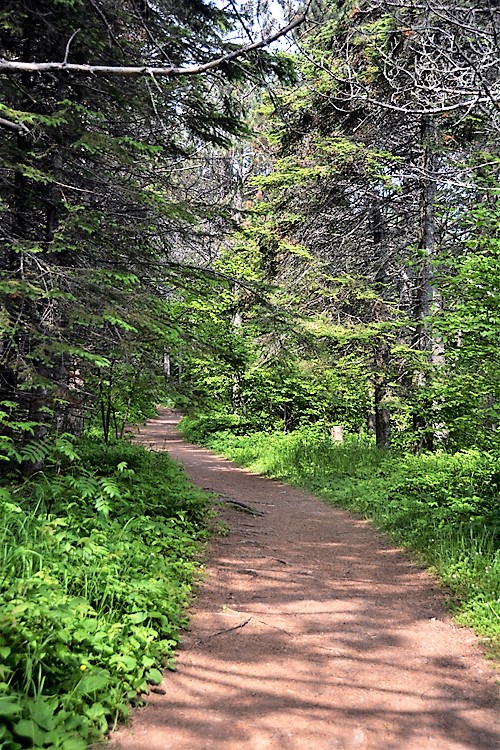





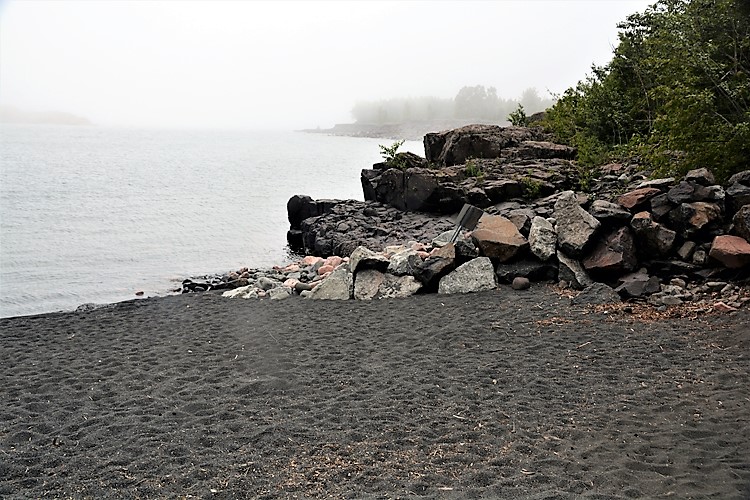
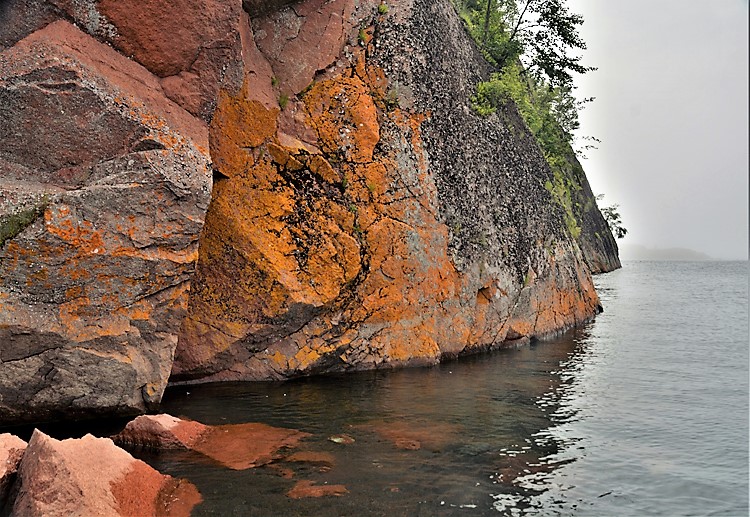
-Black Beach, MN north shore.jpg)
-Black Beach, MN north shore.jpg)
-Black Beach, MN north shore.jpg)
-Black Beach, MN north shore.jpg)
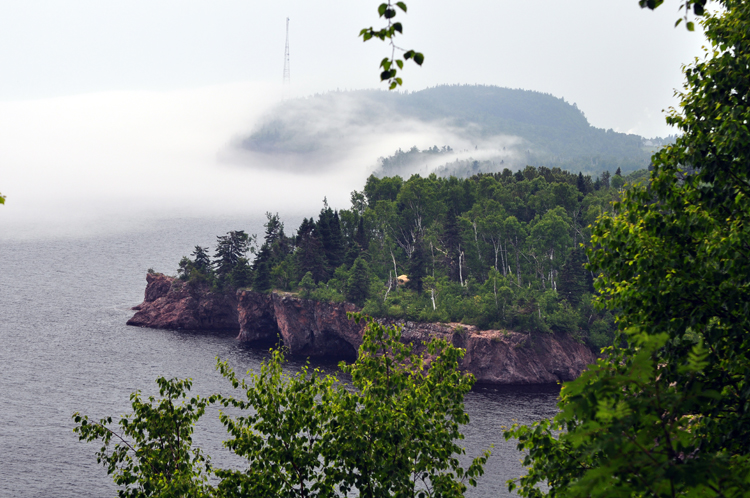
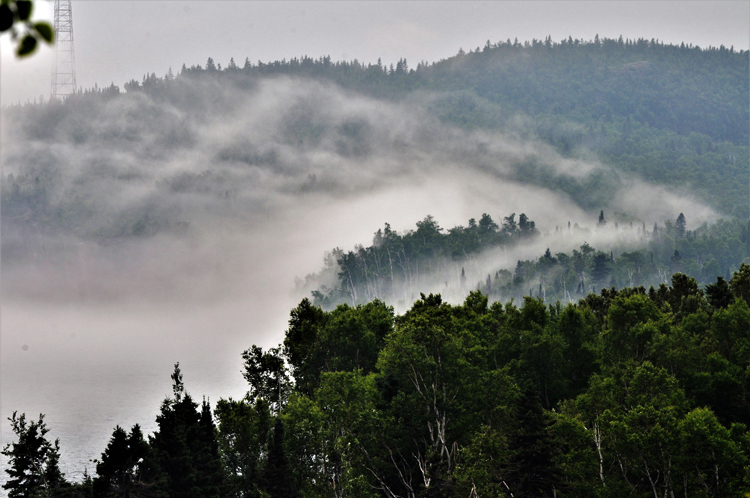
-Tettegouche SP, MN northshore.jpg)
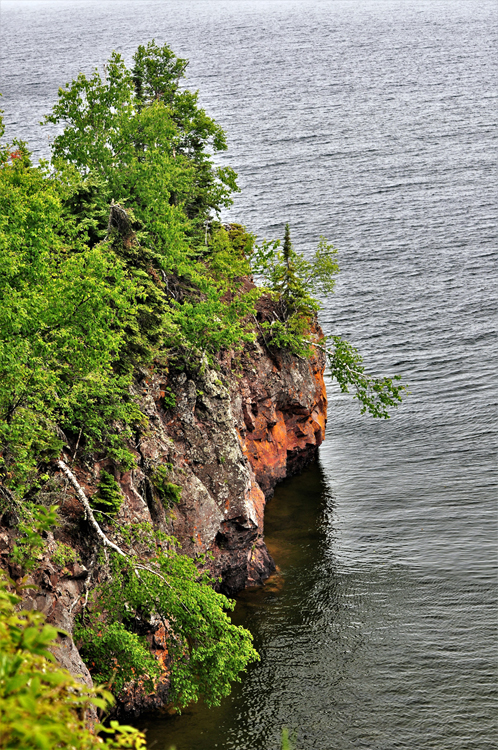
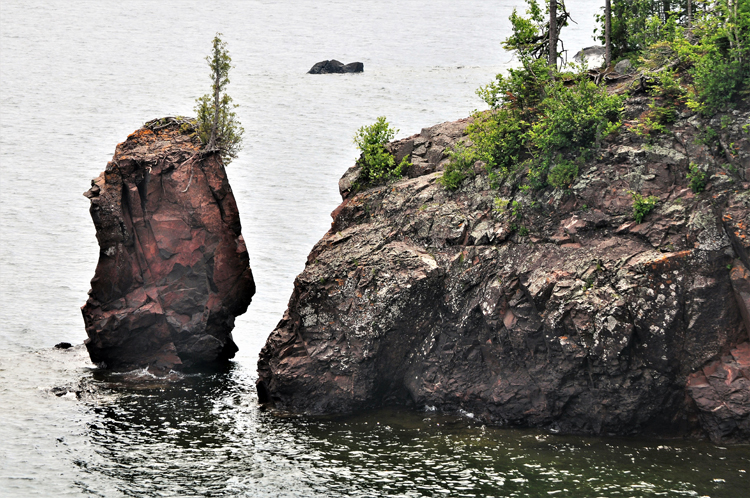
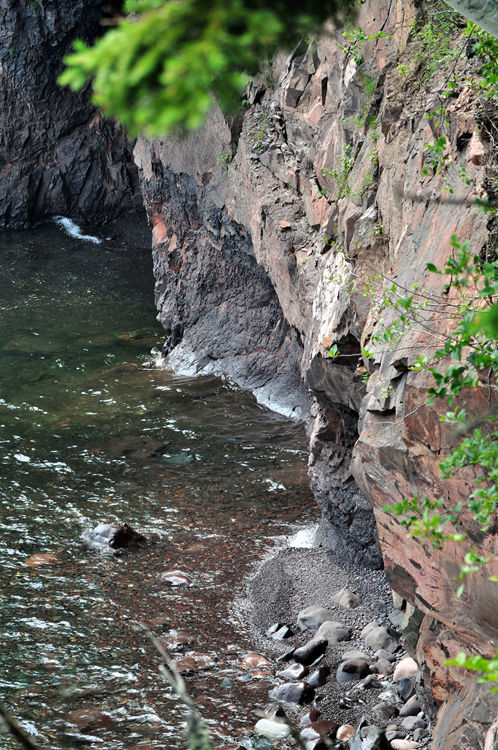
-Tettegouche SP, MN northshore.jpg)
-Tettegouche SP, MN northshore.jpg)
-Tettegouche SP, MN northshore.jpg)
-Tettegouche SP, MN northshore.jpg)
-Tettegouche SP, MN northshore.jpg)
-Tettegouche SP, MN northshore.jpg)
-Tettegouche SP, MN northshore.jpg)
-Tettegouche SP, MN northshore.jpg)
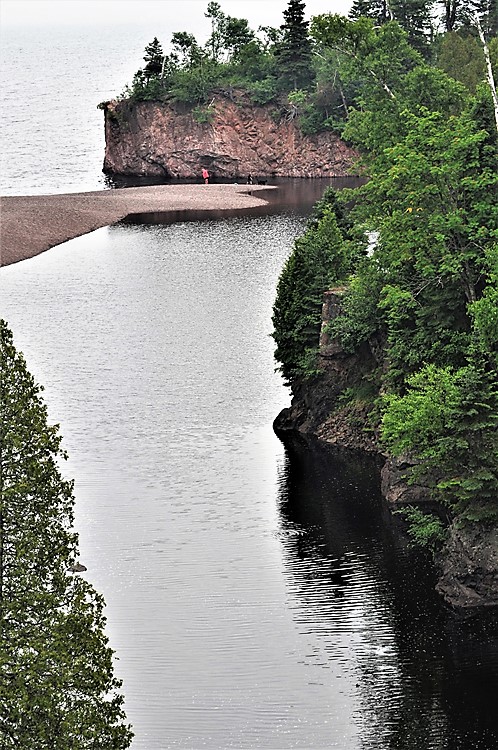
-Tettegouche SP, MN northshore.jpg)
-Tettegouche SP, MN northshore.jpg)
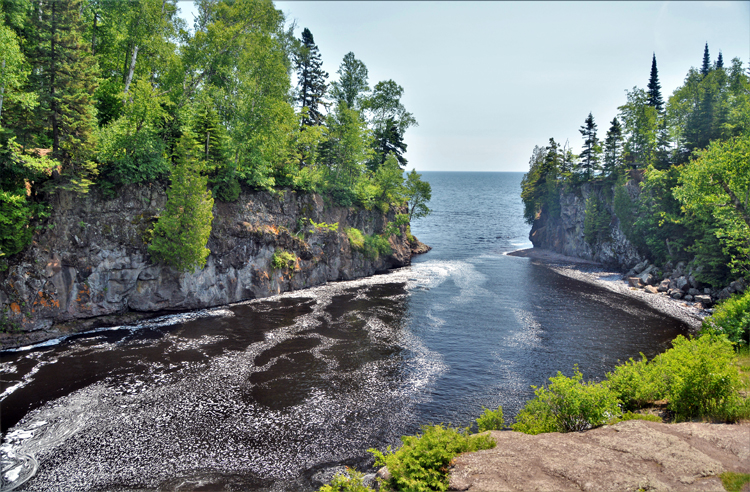
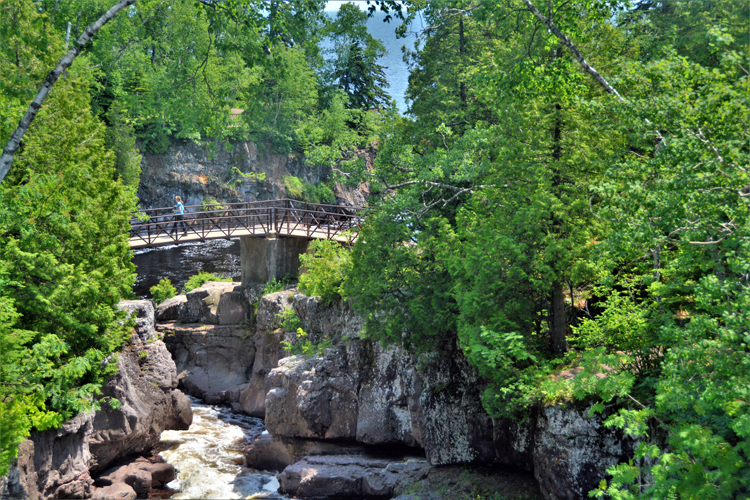
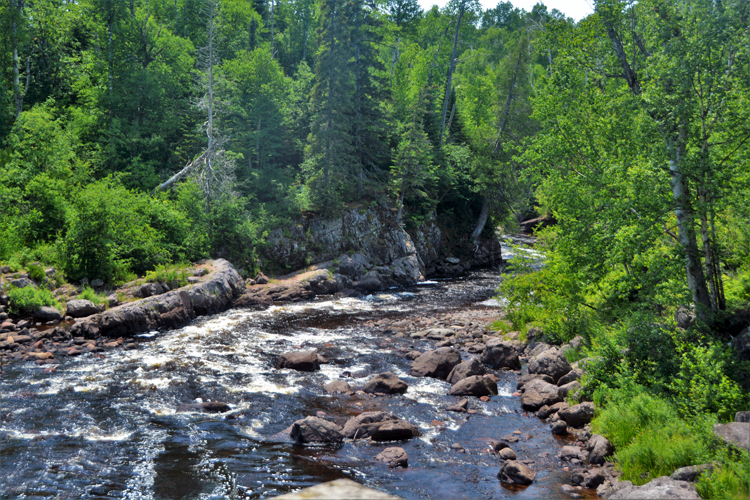
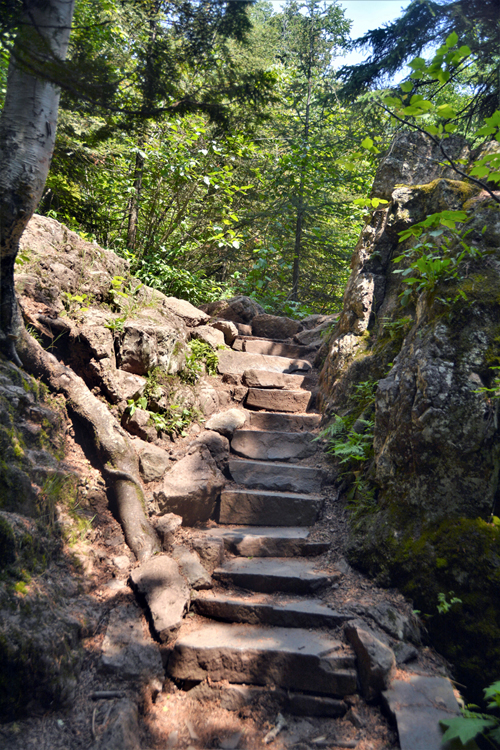
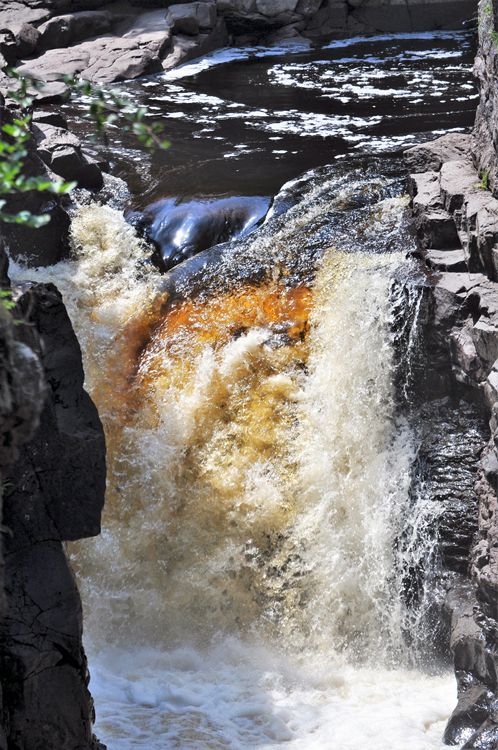
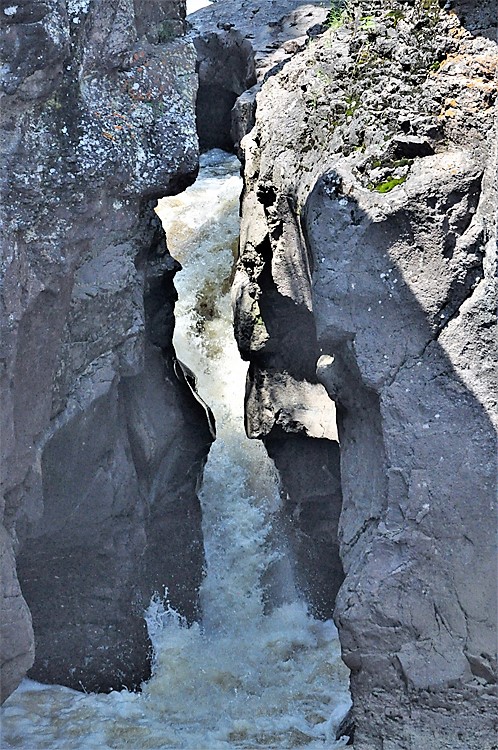
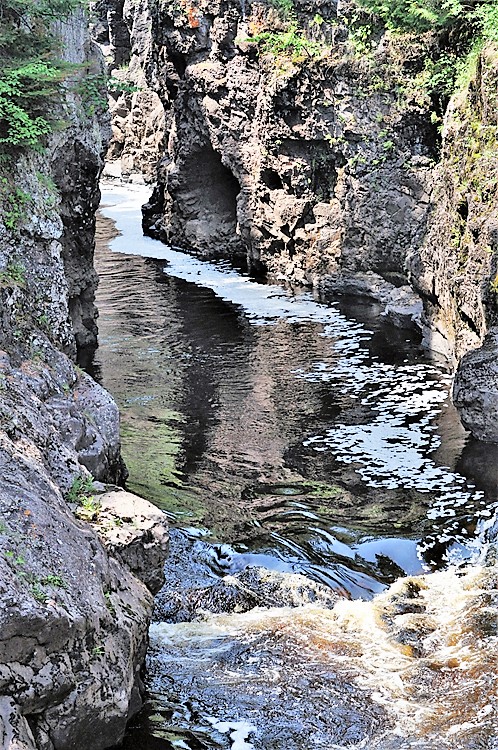
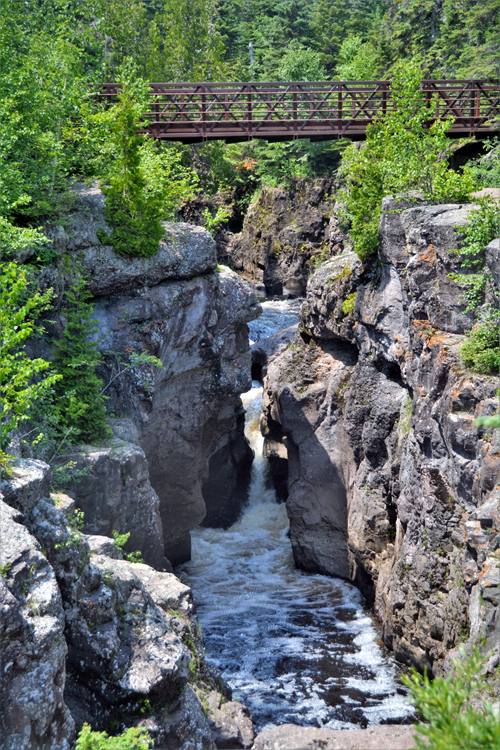
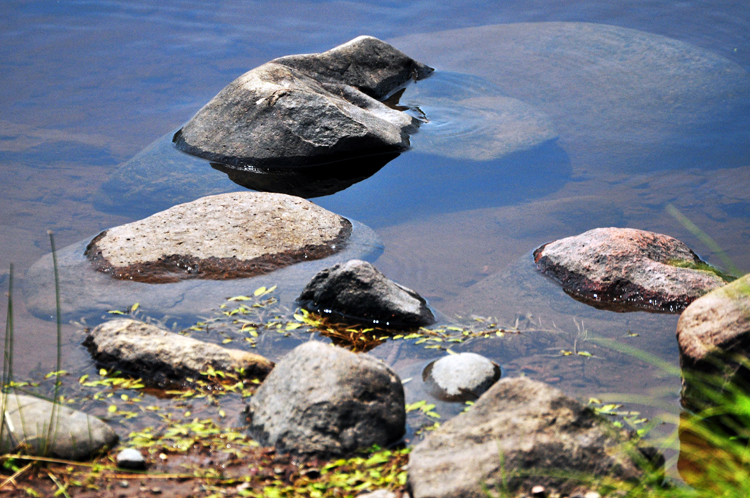
-Grand Marais, MN northshore.jpg)
-Grand Marais, MN northshore.jpg)
-Grand Marais, MN northshore.jpg)
-Grand Marais, MN northshore.jpg)
-Grand Marais, MN northshore.jpg)
-Grand Marais, MN northshore.jpg)
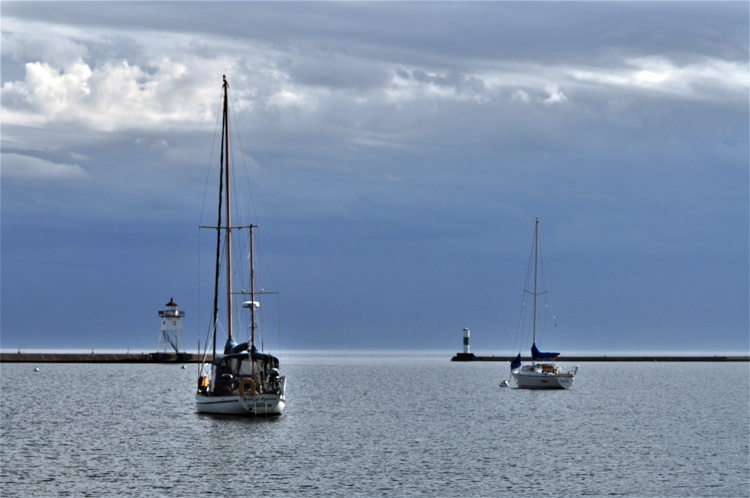
-Grand Marais, MN northshore.jpg)
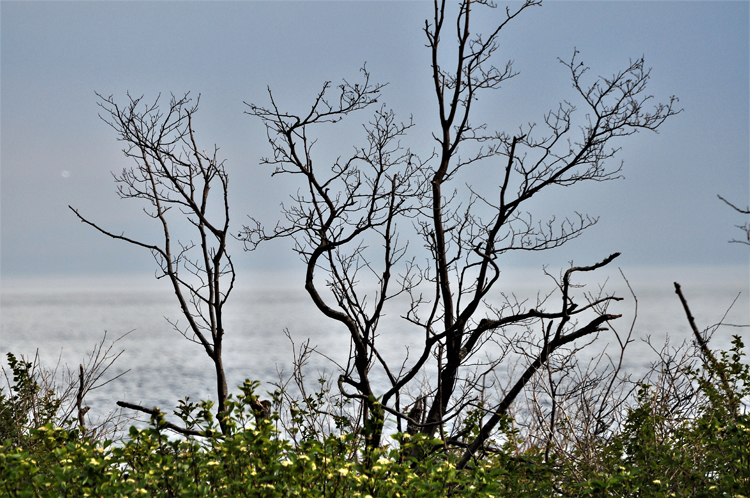
-Grand Marais, MN northshore.jpg)
-Grand Marais, MN northshore.jpg)
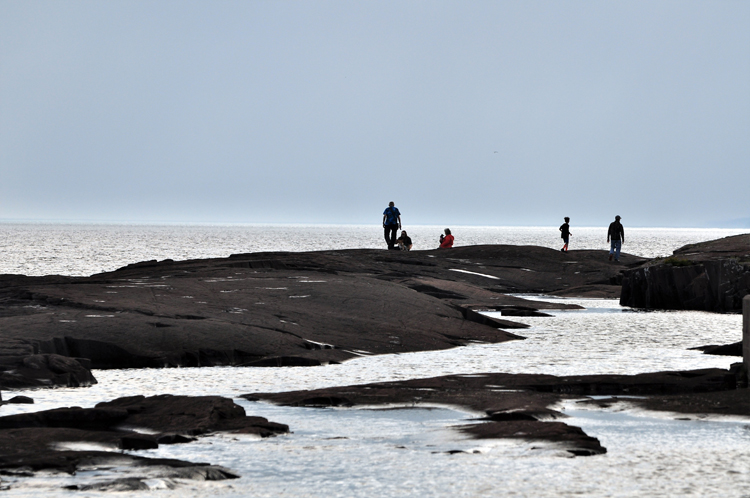
-Grand Marais, MN northshore.jpg)
-Grand Marais, MN northshore.jpg)
-Grand Marais, MN northshore.jpg)
-Grand Marais, MN northshore.jpg)
-Grand Marais, MN northshore.jpg)
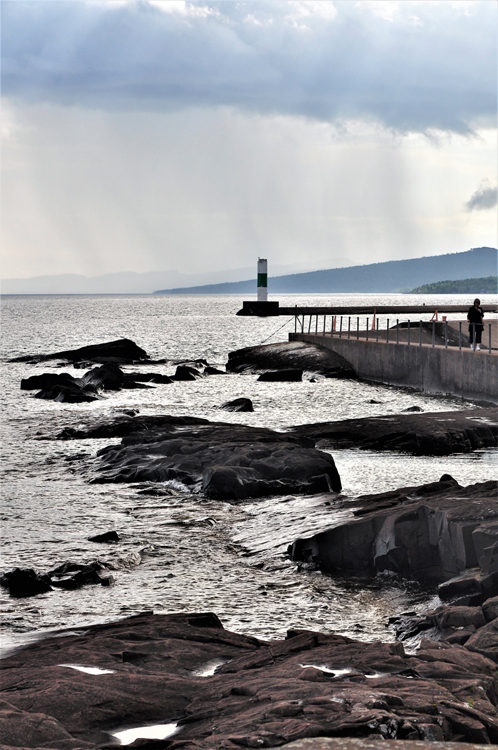
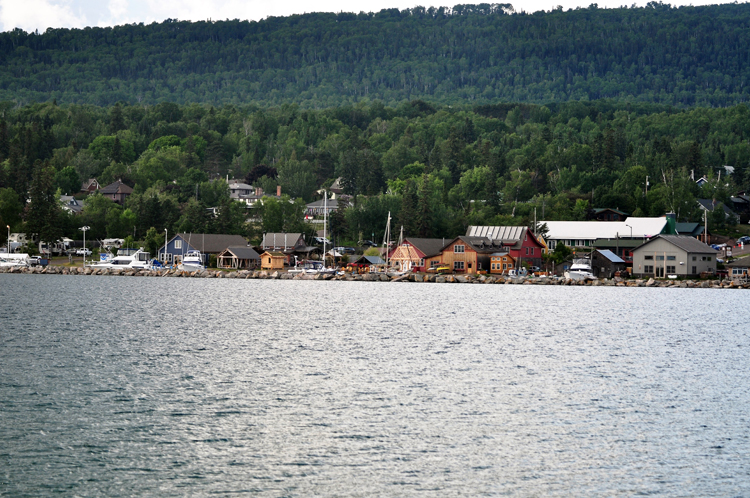
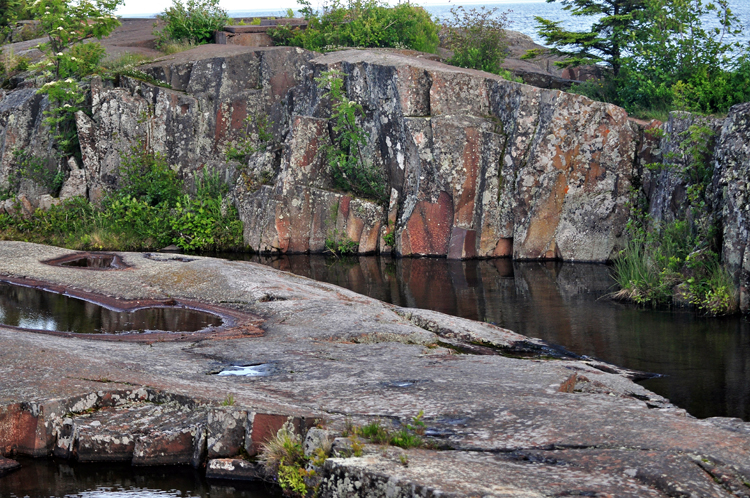
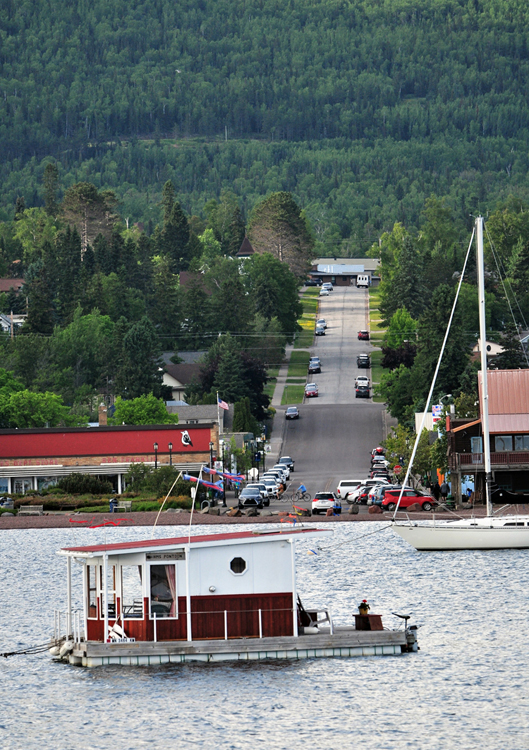
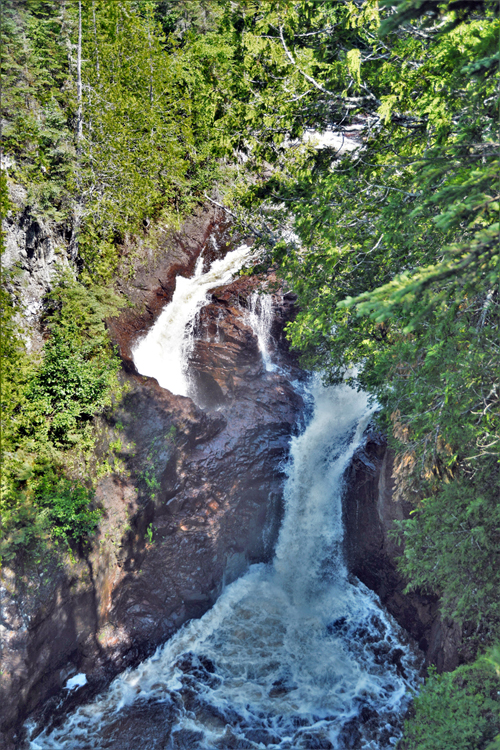
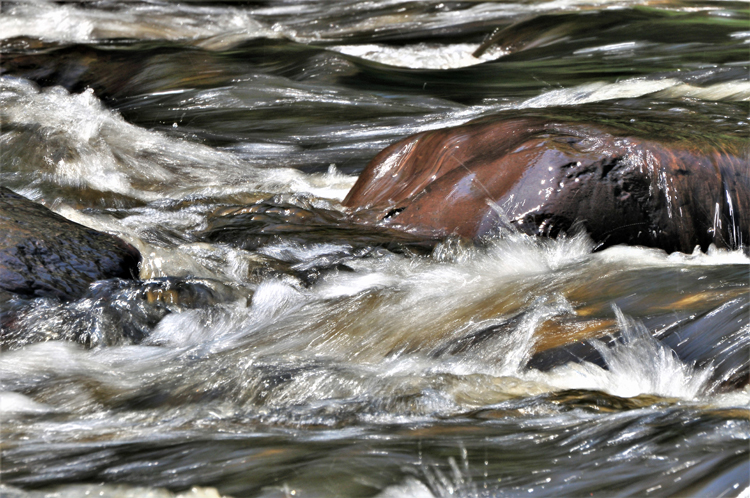
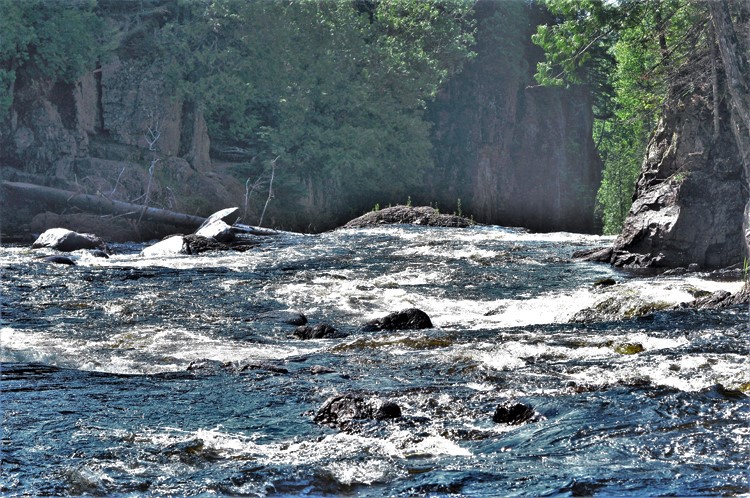
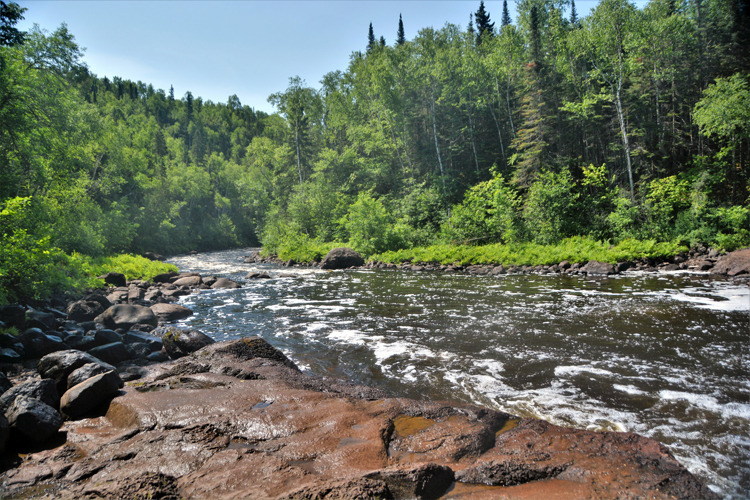
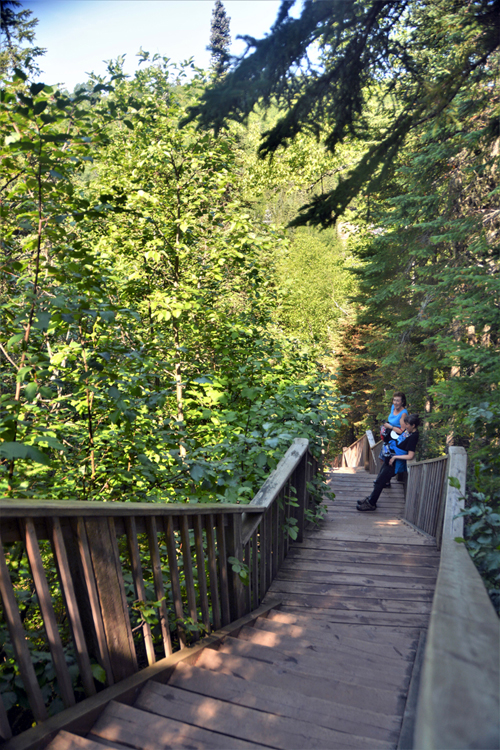
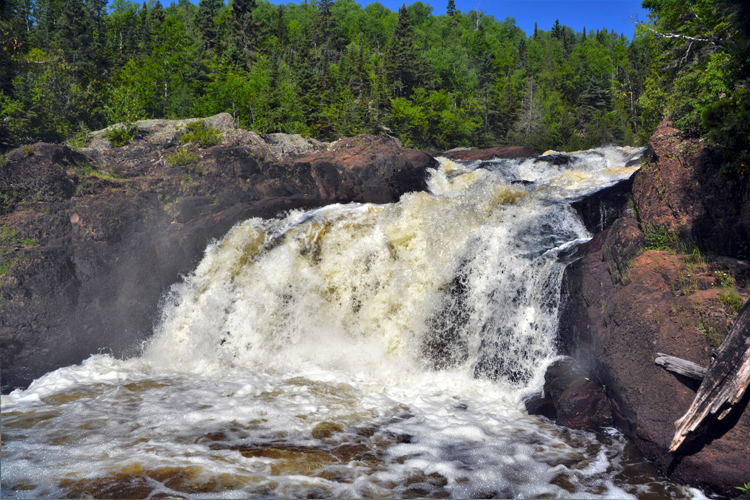
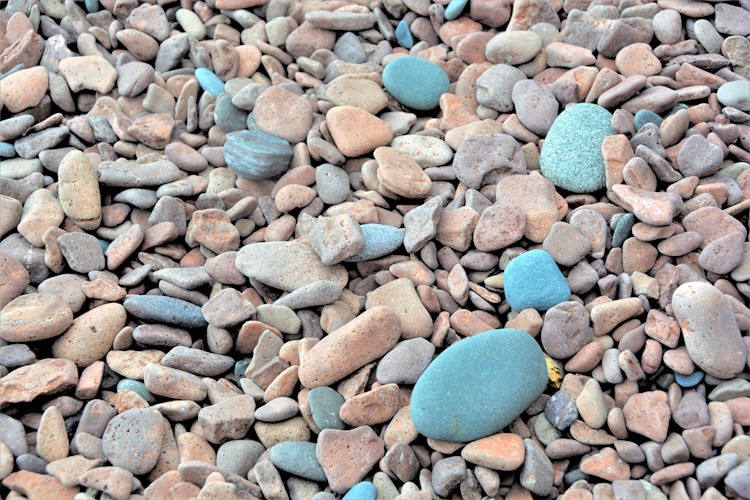
-abandoned shack on MN northshore.jpg)
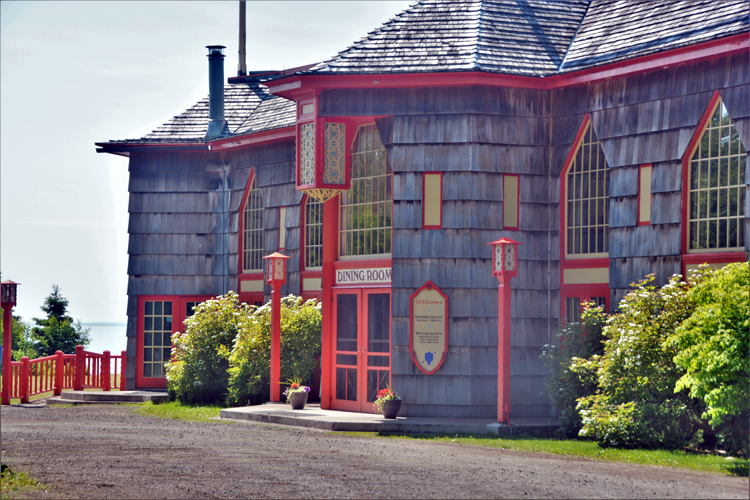
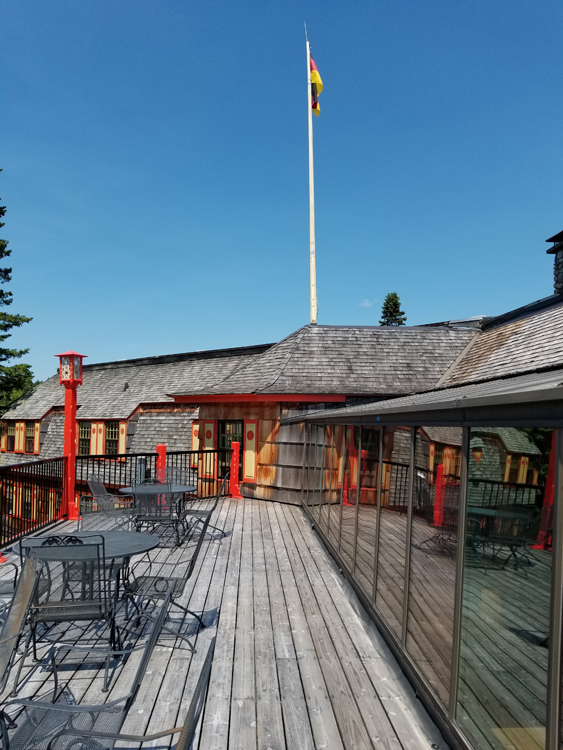
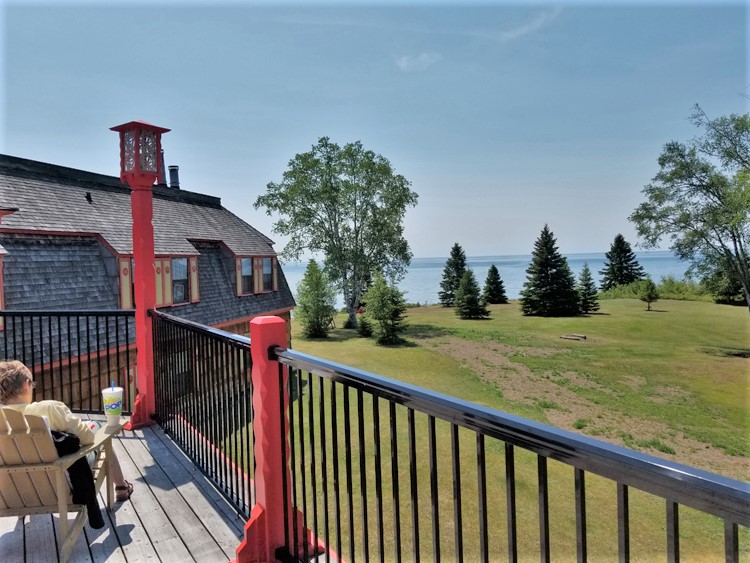
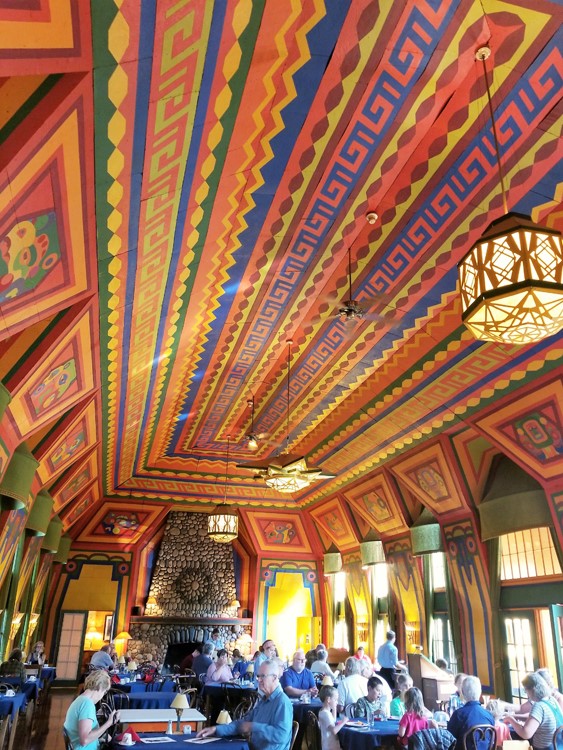
Naniboujou Lodge, Grand Marais, MN.jpg)


